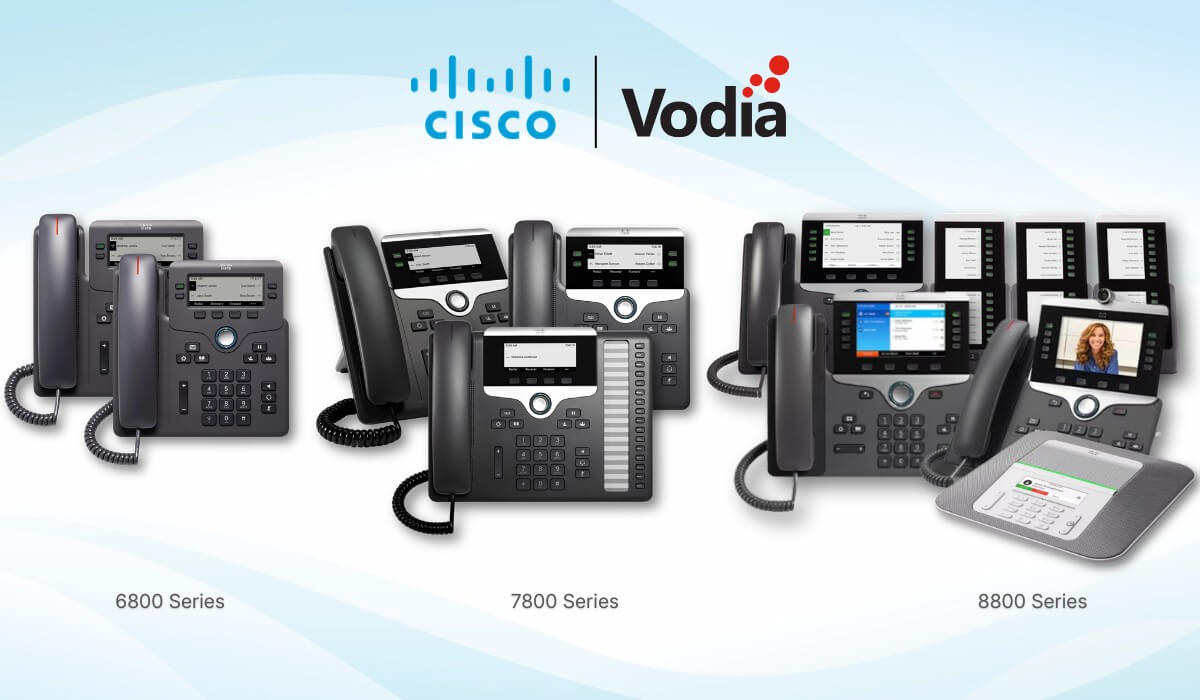Not too long ago, there was one network for voice and another for data. Two cables going to each office desk, two networks spanning the earth. Bringing those two networks together would obviously make things a lot more efficient. This was not only an engineering challenge, however; it was also a challenging task in changing the rules of a heavily regulated market with many players and interests.
It wasn't always clear whether the data network would absorb the voice network. With ATM (Asynchronous Transfer Mode, not the Automatic Teller Machine we all know today), data would be included in the switched networks that originate from voice. In a nutshell, what today is TCP (Transmission Control Protocol) would have been similar to a telephone call, just with a lot more bandwidth than needed for voice.
But it went a different way. Voice mostly travels over data networks today, which is where the term VoIP (Voice over IP) comes from. Voice is put into small UDP/RTP (User Datagram Protocol/Real-Time Transport Protocol) packets and sent over the Internet and then put back into the right order on the other end and played back.
This was at the time legally a gray zone. Skype and others were operating out of a country where legal prosecution was difficult. This was a thorn in the side of the telecom companies, as international calls were a huge cash cow for them. But operating out of foreign countries wasn’t a long-term solution to drive innovation forward. Around this time, Jeff Pulver, founder of the Voice Over Net conferences (VON) and Vonage, was operating a service called Free World Dialup (FWD) and needed a setup that made innovation in the communications world legal. So he filed a petition to make VoIP legal. On February 12, 2004, the Federal Communications Commission (FCC) approved the Pulver Order. At the time of filing, Pulver filed a petition to declare FWD was neither telecommunications nor a telecommunications service: this spared users the costs and regulations associated with landline calls:
“We formalize the Commission’s policy of nonregulation to ensure that Internet applications remain insulated from unnecessary and harmful economic regulation at both the federal and state levels. This action is designed to bring a measure of regulatory stability to the marketplace and therefore remove barriers to investment and deployment of Internet applications and services. Offerings such as FWD promise significant consumer benefits in the form of lower prices, new pricing models and enhanced functionality…part of a number of initiatives that are designed to bring the benefits of Internet protocol-based (IP-based) services to American consumers.”
The driving concept of FWD was for members of its community to communicate directly with one another over the Internet. Which, without joining FWD (which no longer exists), is where we are today. The order established VoIP as an unregulated information service subject to the Commission's jurisdiction and did away with any regulatory uncertainty surrounding Internet applications. The 20th anniversary of the Order will be celebrated in Washington, DC on February 12, 2024, at the International Press Club.
“Attending the VON conferences was like a pilgrimage for the VoIP pioneers,” remembers Christian Stredicke, founder of VoIP companies snom and Vodia. “Those were the days when there was no word for meeting in-person or online. We had a lot of fun discussing what was possible and how things should be done”. A new ecosystem built around the new SIP standard was established, all made possible by the new legal environment and a sprawling startup scene. “It would not have been possible without the Pulver Order.”
The SIP standard has been in use for more than 20 years by a large range of companies, including Vodia. Fully compliant with SIP industry standards, the Vodia phone system integrates effortlessly with a wide range of SIP-based devices and trunking providers, granting ultimate freedom in telephony. Our mission is to empower our partners and end-users with the world's best cloud phone system and personalized support to ensure their success at every turn. For more information, you can contact us at sales@vodia.com, call us at +1 617-861-3490, or visit Vodia on LinkedIn, Twitter and YouTube.
.svg)




